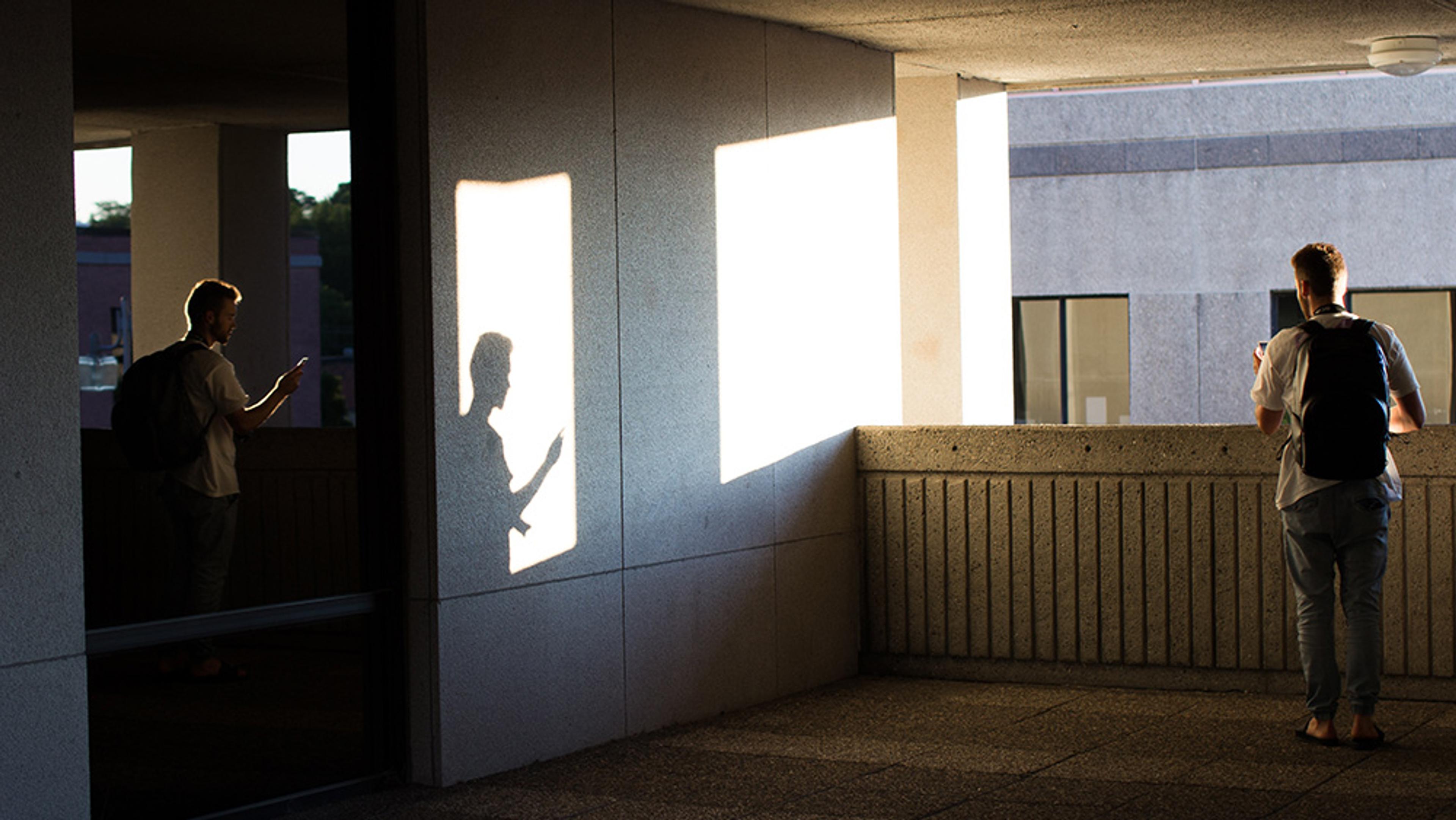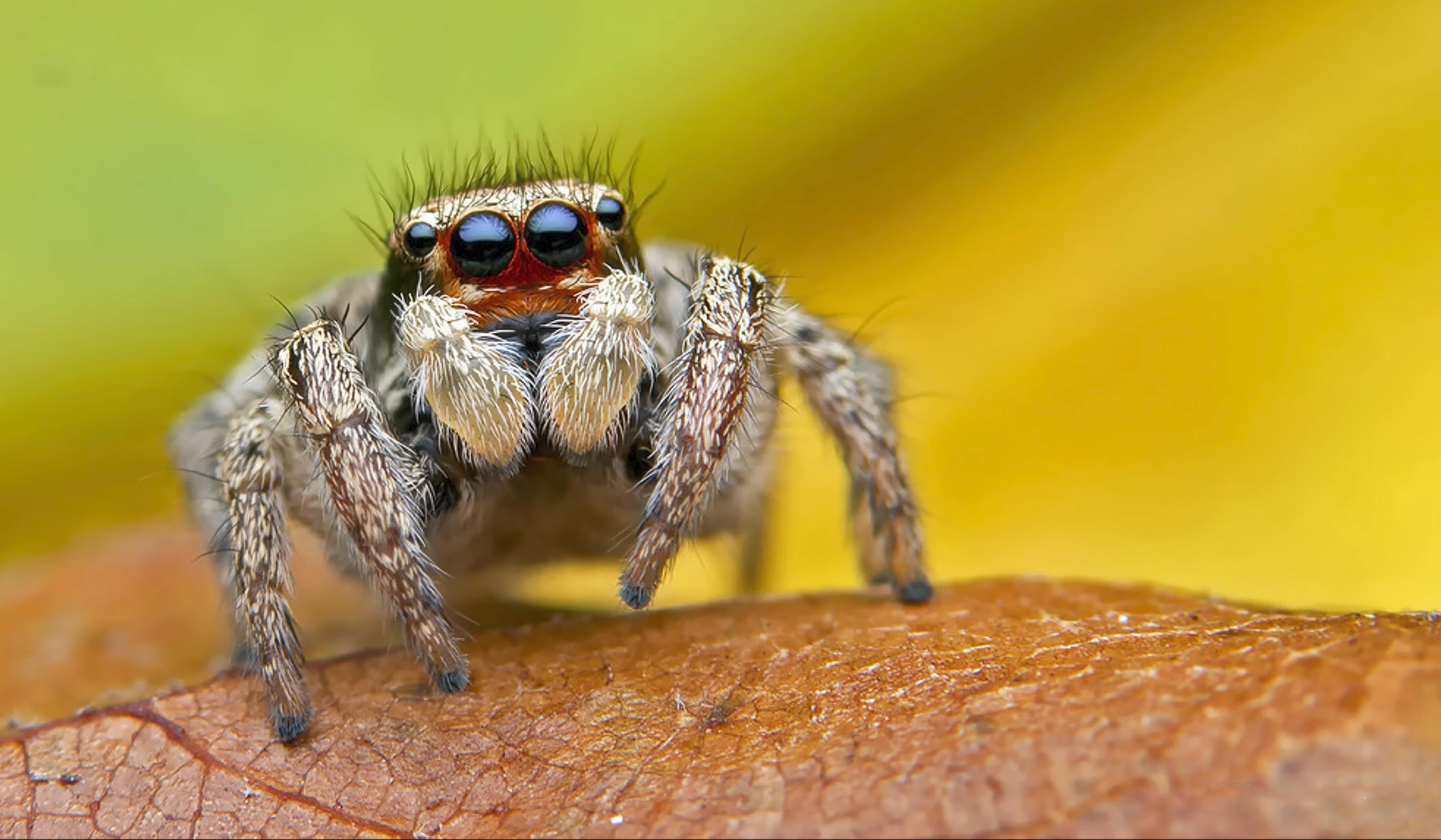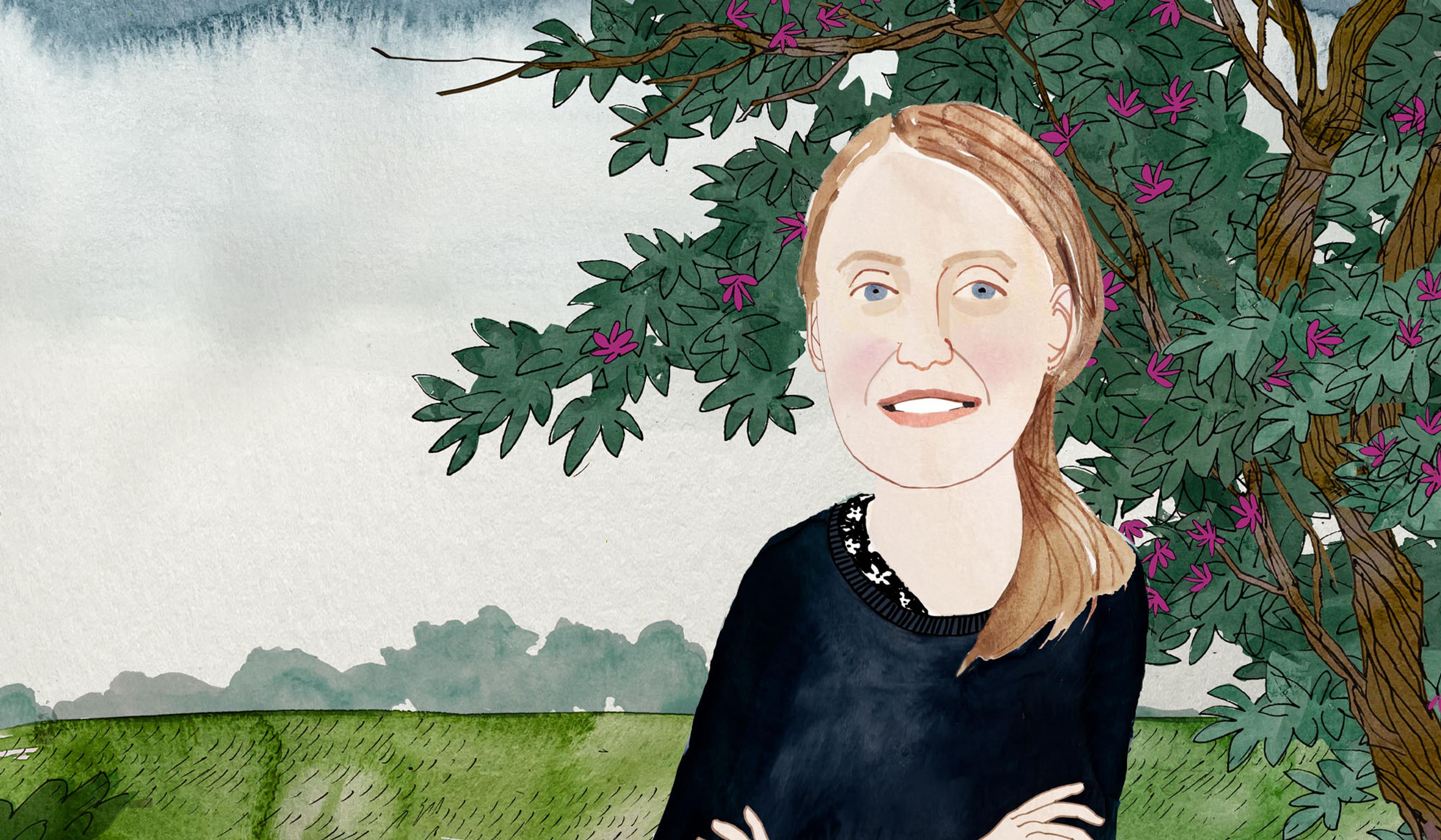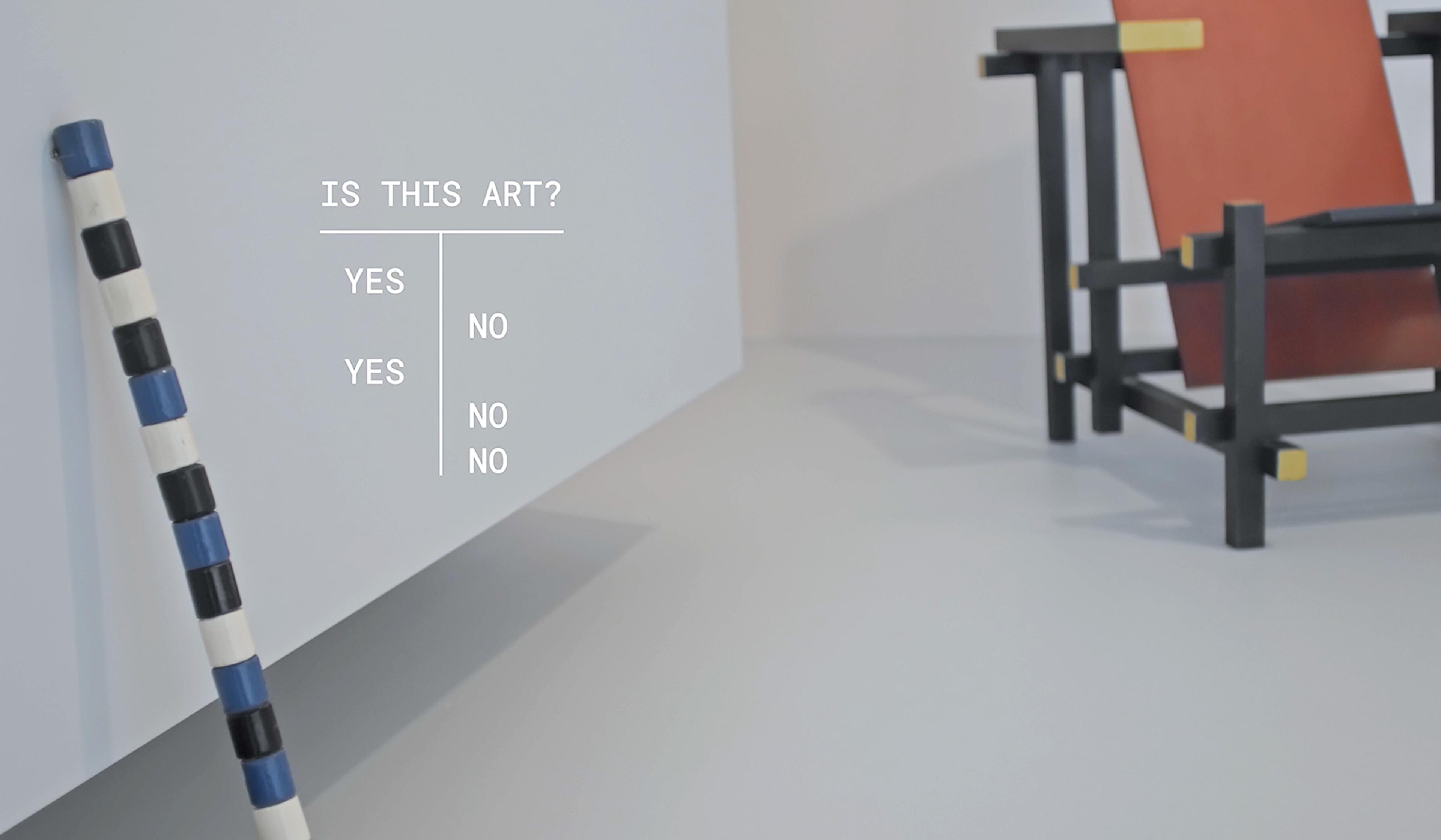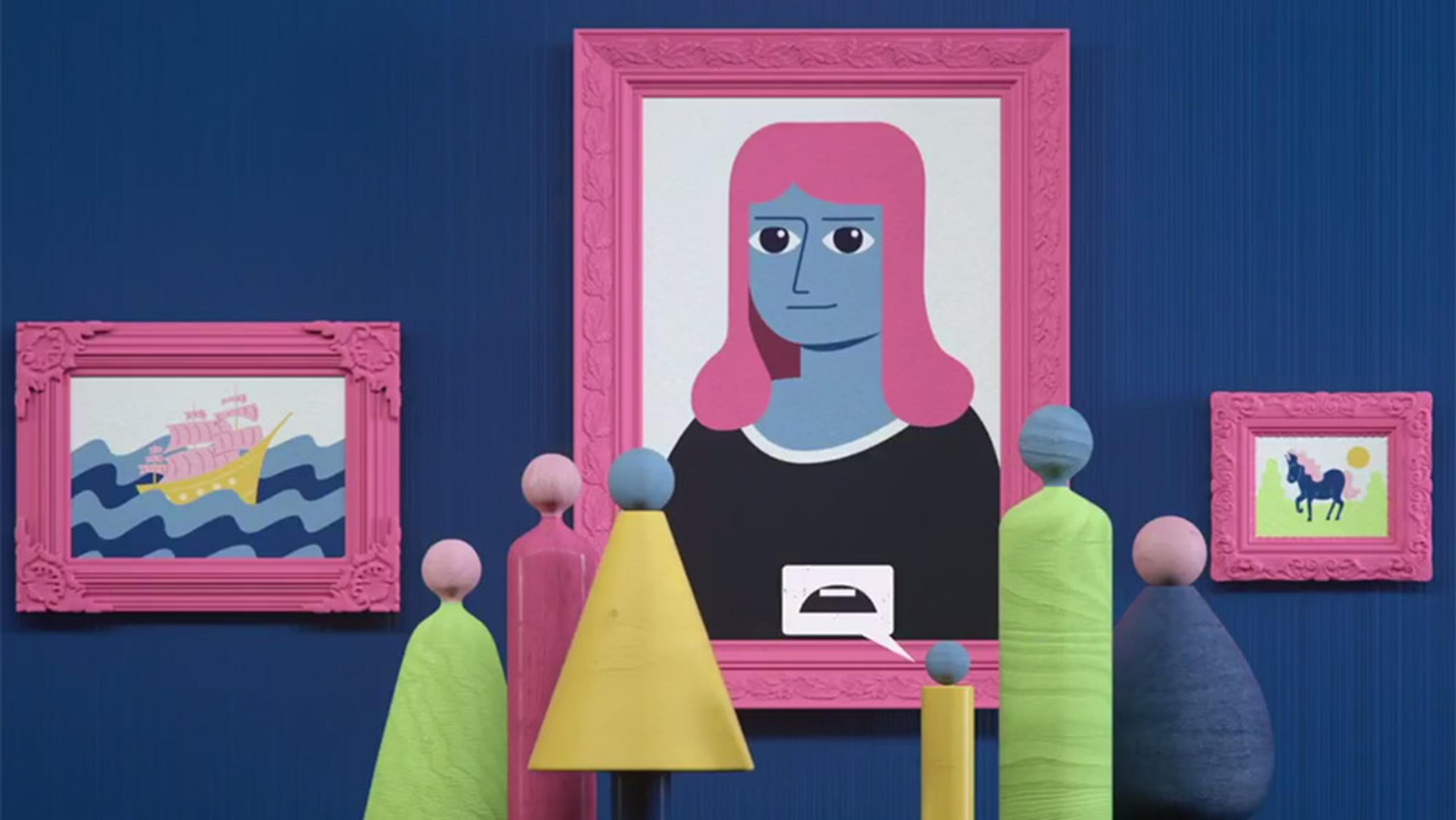It’s easy to mistake our conscious experience for an ongoing, accurate account of reality. After all, the information we recover from our senses is, of course, the only window we’ll ever have into the outside world. And for most people most of the time, our perception certainly feels real. But the notion that our senses capture an objective external reality can be dispelled by considering something as fundamental as colour, which can be culturally influenced and, even within a single culture, leave the population split between seeing the same picture of a dress as black-and-blue or white-and-gold.
In this instalment from Aeon’s In Sight series, Anil Seth, professor of cognitive and computational neuroscience at the University of Sussex in the UK, puts our imperfect relationship with reality in perspective. In conversation with Nigel Warburton, consultant senior editor at Aeon+Psyche, Seth argues that it’s not just that our perceptions provide flawed accounts of the outside world, but that our brains aren’t in the business of recovering the outside world to begin with. So it’s more accurate to think of our conscious experience as a series of predictions that we’re incessantly and subconsciously fine-tuning – a world we build from the inside out, rather than the outside in.
For more from Anil Seth, read his Aeon essay on the ‘hard problem’ of consciousness.
